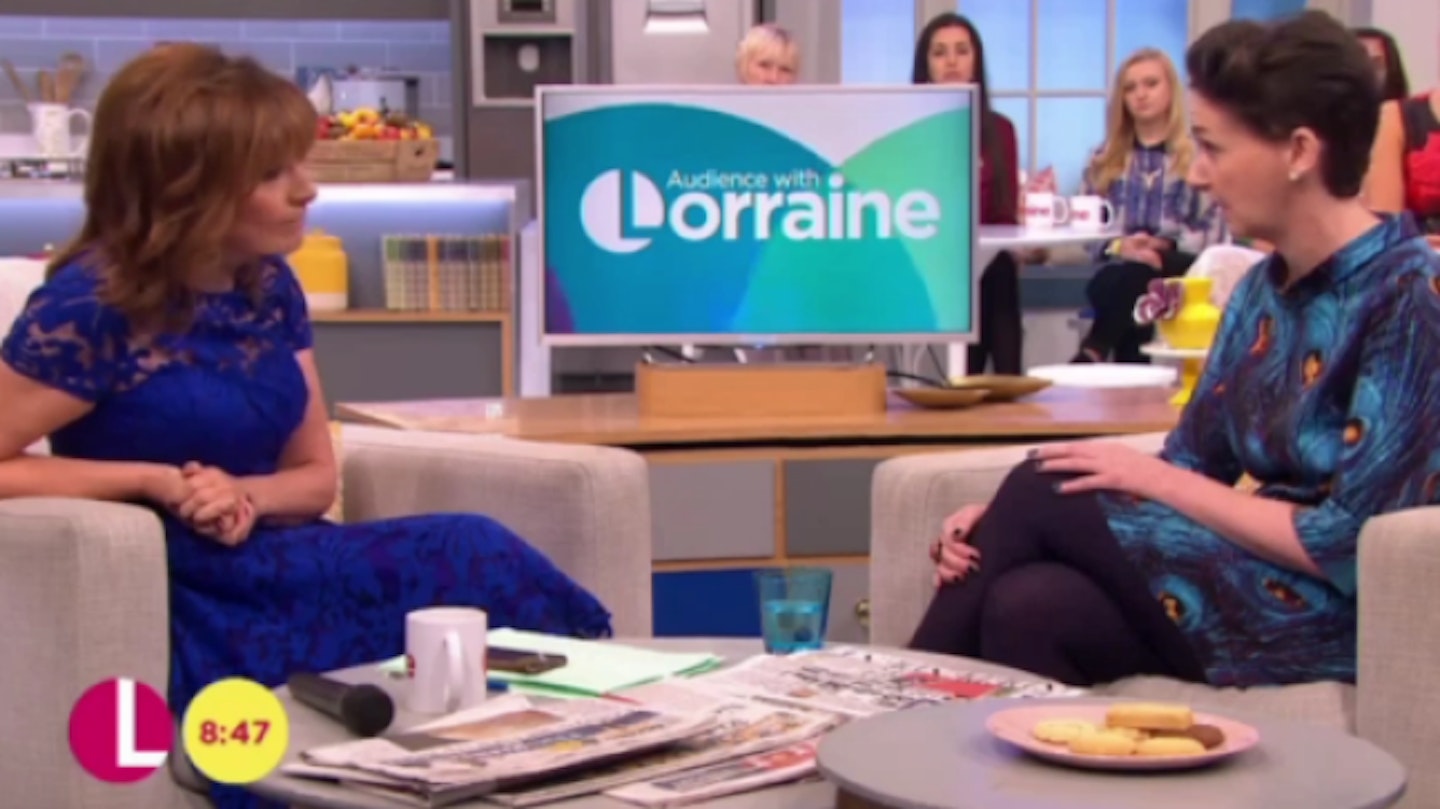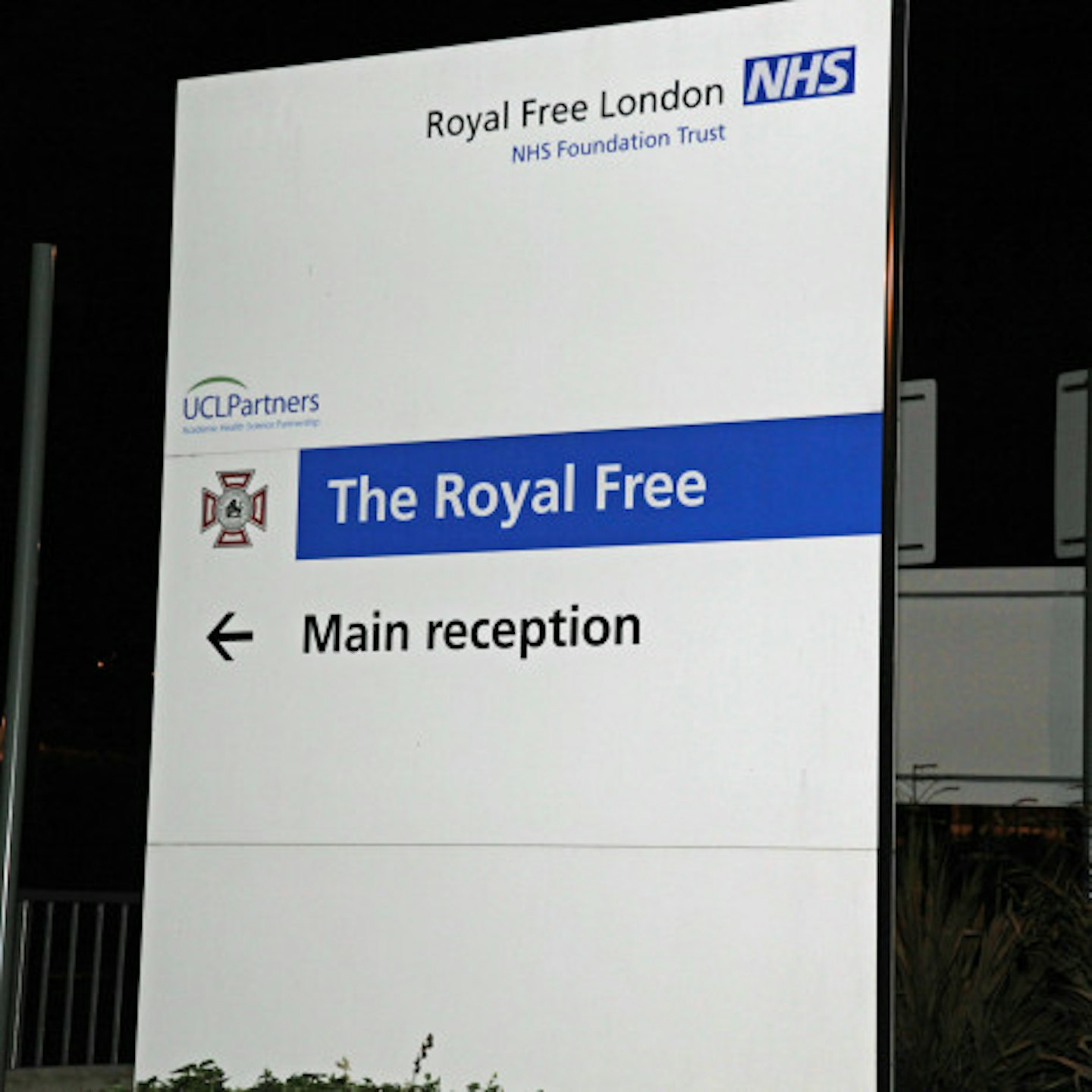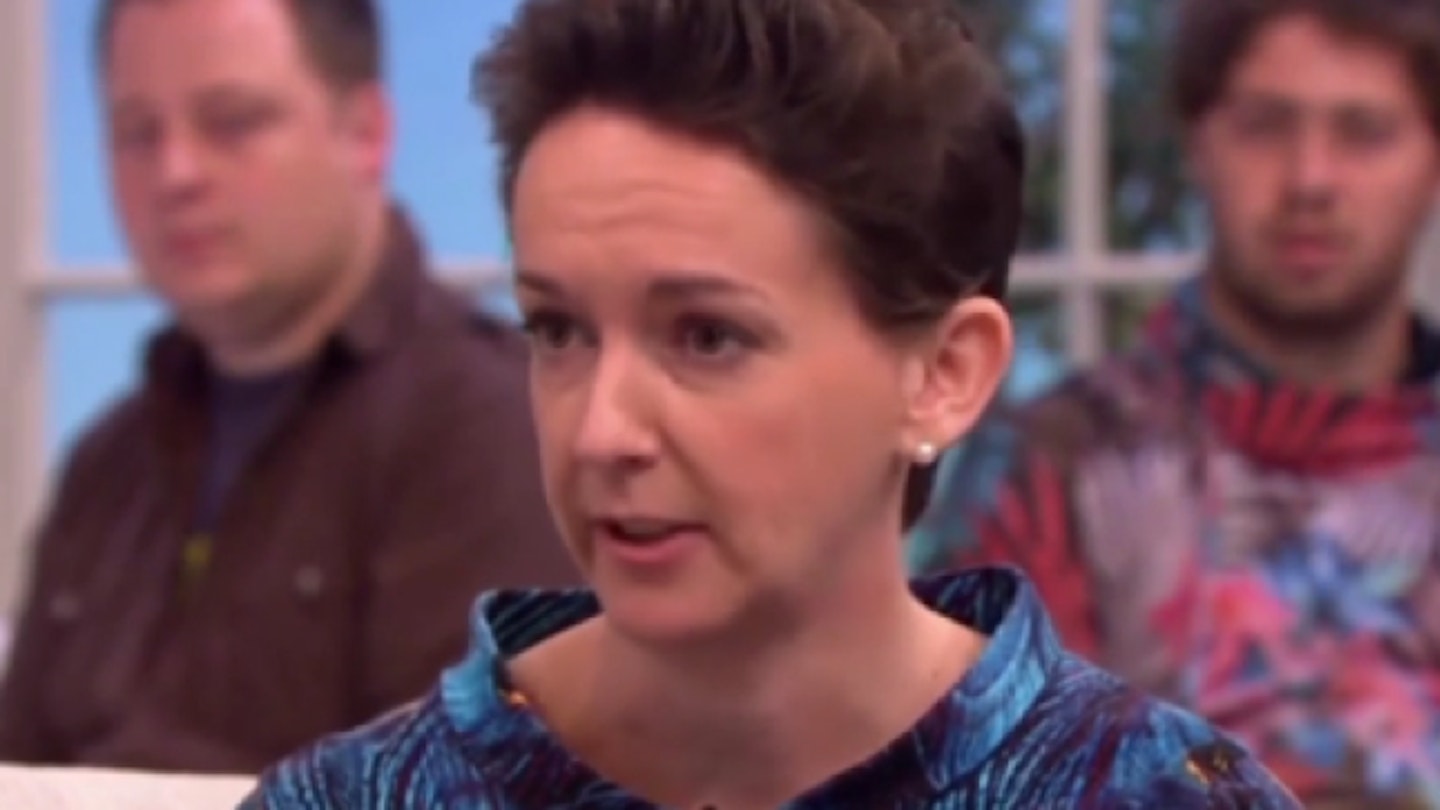Brave nurse Pauline Cafferkey has hit the headlines today after she was admitted to hospital following a positive test for Ebola.
Pauline was diagnosed with the virus in December last year after she spent several months in Africa treating people for the deadly disease.
During follow up tests, the virus was detected in her system after an ‘unusual late complication’ arose.
Pauline, 39, was then flown by the RAF to the Royal Free Hospital in north London.
The development comes just 10 days after she attended the Pride of Britain awards, mingling with the likes of Prime Minister David Cameron.

Professor Paul Cosford from Public Health England said in a statement: “We can confirm that Pauline Cafferkey was transferred from the Queen Elizabeth University Hospital in Glasgow to the Royal Free Hospital in the early hours of this morning due to an unusual late complication of her previous illness.
“She was transported in a military aircraft under the supervision of experts. She will now be treated in isolation in line with nationally agreed guidelines.
“The Scottish health authorities will be following up on a small number of close contacts of Pauline's as a precaution.
“It is important to remember that the ebola virus can only be transmitted by direct contact with the blood or bodily fluids of an infected person while they are symptomatic.
“The risk to the general public remains low and the NHS has well established and practised infection control procedures in place.”

Dr Ben Neuman from the University of Reading is positive about Pauline’s recovery.
He told Good Morning Scotland: “The nice news here is that she's beaten the virus once so she can probably beat it again.
“The odds are that she actually has inherited a lucky set of genes and these are probably what protected her the first time and probably what will keep her safe the second time, regardless of any treatment. I think the outlook's good.”
Thousands of people were killed in 2014 and early 2015 during on the biggest Ebola outbreaks in history.
Many children were left orphaned by the illness as it ravaged parts of West Africa, tearing apart communities.
